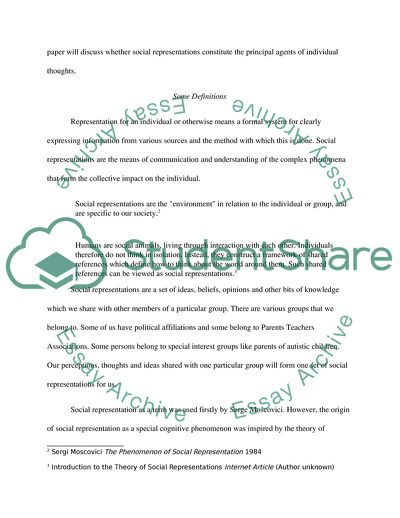Cite this document
(Social Representations Constitute the Principal Organising Agents of Research Paper - 1, n.d.)
Social Representations Constitute the Principal Organising Agents of Research Paper - 1. Retrieved from https://studentshare.org/psychology/1741264-social-psychology
Social Representations Constitute the Principal Organising Agents of Research Paper - 1. Retrieved from https://studentshare.org/psychology/1741264-social-psychology
(Social Representations Constitute the Principal Organising Agents of Research Paper - 1)
Social Representations Constitute the Principal Organising Agents of Research Paper - 1. https://studentshare.org/psychology/1741264-social-psychology.
Social Representations Constitute the Principal Organising Agents of Research Paper - 1. https://studentshare.org/psychology/1741264-social-psychology.
“Social Representations Constitute the Principal Organising Agents of Research Paper - 1”. https://studentshare.org/psychology/1741264-social-psychology.


